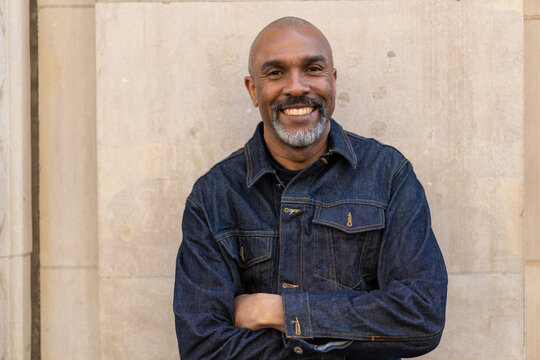A growing body of social observation is shedding light on a period many men experience between their forties and sixties — a phase described by researchers and counsellors as a “quiet transition,” marked by shifting identities, evolving relationships, and an increased search for emotional balance.
According to analysts, men in midlife often find themselves confronting physical changes, rising responsibilities, and a shrinking social circle. As energy levels dip and long-held ambitions soften, many begin reevaluating what they want from life. Priorities tend to shift toward stability, emotional safety, and meaningful companionship, replacing the competitiveness and risk-taking that dominated their younger years.
Experts note that the transition is especially evident in personal relationships. Traditional expectations — to lead, provide, and remain stoic — have left many men with limited emotional outlets. When marital difficulties arise or a long-term relationship ends, the impact can be significant. Studies show that men often rely heavily on their partners for emotional support, making the aftermath of a breakup particularly isolating. Many only then realise how few deep friendships they have maintained.
Women, by contrast, often encounter a different post-marriage reality. While some express relief after years of managing household responsibilities, emotional labour, and family dynamics, that relief can mask its own set of challenges. Financial uncertainties, social stigma, the pressures of single parenting, and lingering emotional wounds frequently complicate the process of rebuilding.
For men, midlife can bring both loss and opportunity. More personal space and time for reflection can open the door to emotional growth, but men may also face identity struggles, health concerns, and the temptation to develop harmful coping habits. Specialists argue that this period is a crucial moment to learn new skills — communication, vulnerability, and self-care — rather than relying solely on traditional notions of strength.
Despite its difficulties, experts emphasise that midlife is not a decline but a clarifying chapter. It often helps individuals better understand what matters most: authentic relationships, purposeful work, inner peace, and long-term health. Those who embrace the period with self-awareness tend to emerge with a steadier sense of identity and a more grounded outlook.
The observations reflect a broader societal conversation about ageing, gender expectations, and emotional well-being — themes increasingly explored by commentators such as Morenike Jupi Igbeka, who highlights the transformative potential of this often-overlooked stage of life.




